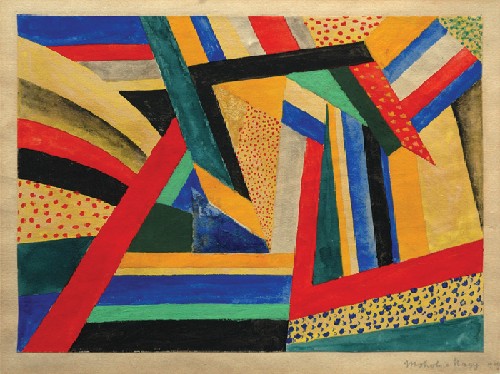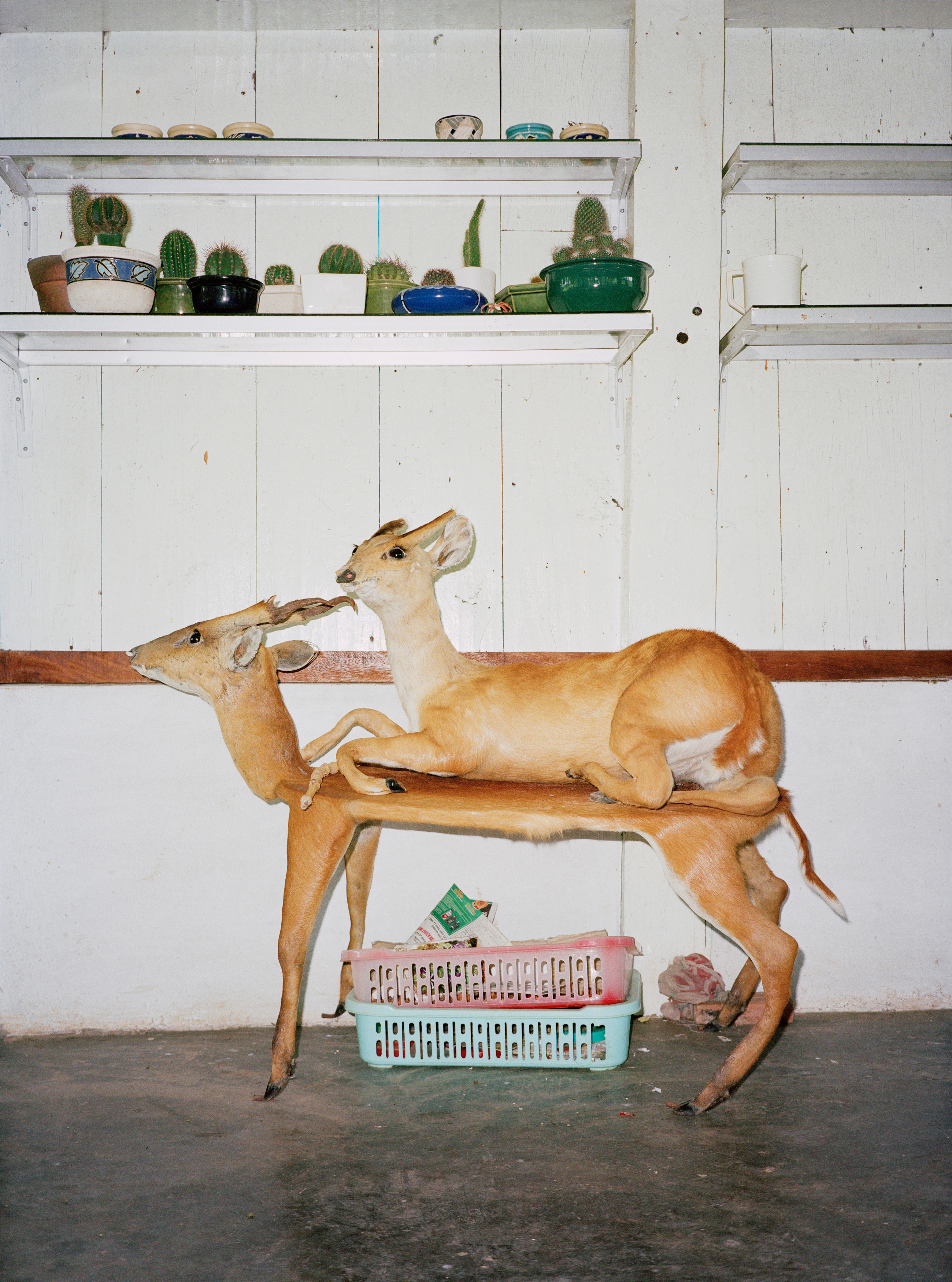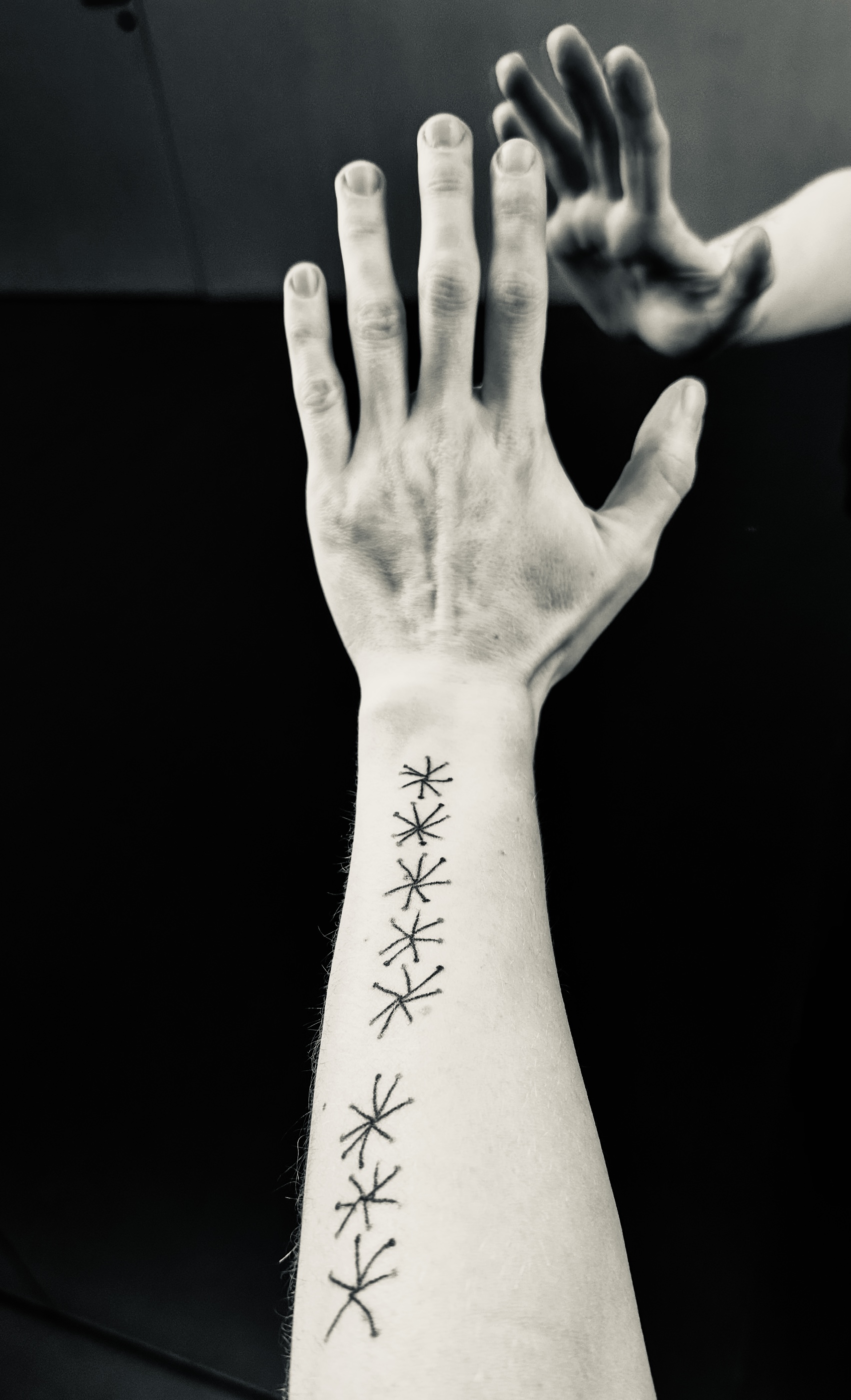Introduction. The Author Is Dead, Long Live Co-Authors! Collaborative Work in the Humanities
This issue of The February Journal probes into the potential of the collective rather than the individual. How do we share authority, responsibility, and authorship in academic knowledge creation? Why do aggrandizing ideas and expectations relating to the author as a lonely hero (even if it is increasingly a ‘heroine’) remain part of academic expectations and evaluation criteria? What differences exist between artistic collaboration and co-creation in academia? Can collaboration and co-authorship be seen as a tool of resistance against the neoliberalization of academic systems? Indeed, could collaborative work be seen as a/the future of the humanities?




